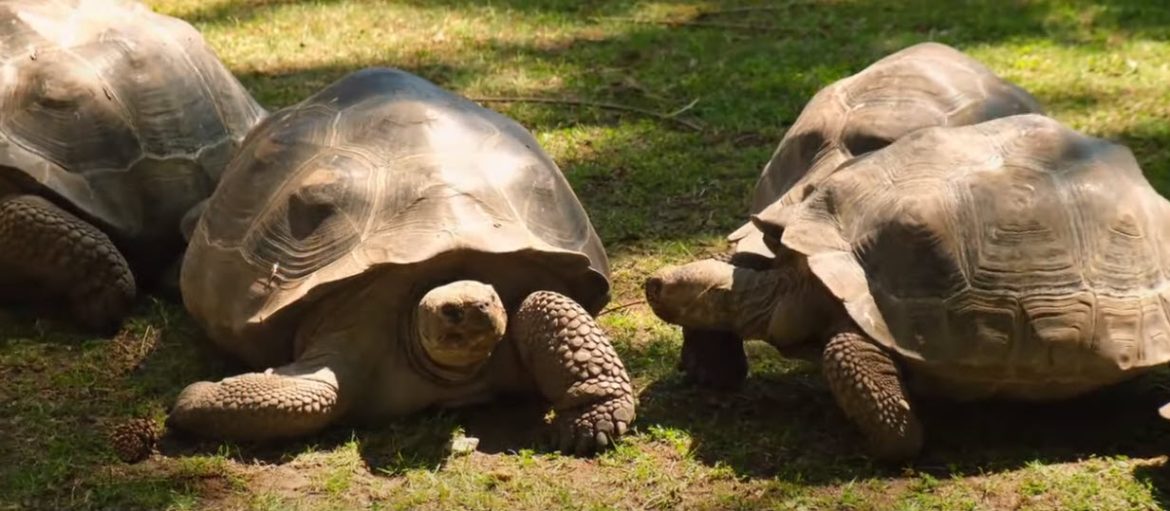In a curious turn of events, the Akron Zoo in Ohio reported that its Galapagos tortoises did not exhibit their typical behavior during Monday’s solar eclipse. Contrary to previous occurrences where the tortoises would engage in mating behavior during eclipses, this time, they simply stared at the sky without any signs of breeding activity.
The Galapagos tortoises are known for their slow-moving nature and are the largest species of tortoises globally. This distinctiveness makes their behavior during celestial events like solar eclipses a matter of interest and observation for zookeepers and researchers.
Typically, during eclipses, the tortoises would display noticeable breeding behaviors, which served as a reliable indicator of the eclipse’s occurrence in the past. However, the recent eclipse brought about a surprising deviation from this expected behavior.
The Akron Zoo’s staff expressed surprise at the tortoises’ lack of interest in mating during the eclipse, considering their consistent response to such events previously. This anomaly has sparked discussions among zookeepers and wildlife experts about the factors influencing animal behavior during astronomical phenomena.
While the exact reasons behind the tortoises’ unusual behavior remain uncertain, experts speculate that various environmental factors and internal biological rhythms may play a role. Further research and observations may provide insights into the complex interactions between celestial events and animal behavior.
As the Akron Zoo continues to monitor and study its Galapagos tortoises, this event serves as a reminder of the intricacies of nature and the continuous learning opportunities presented by observing wildlife in diverse settings.



